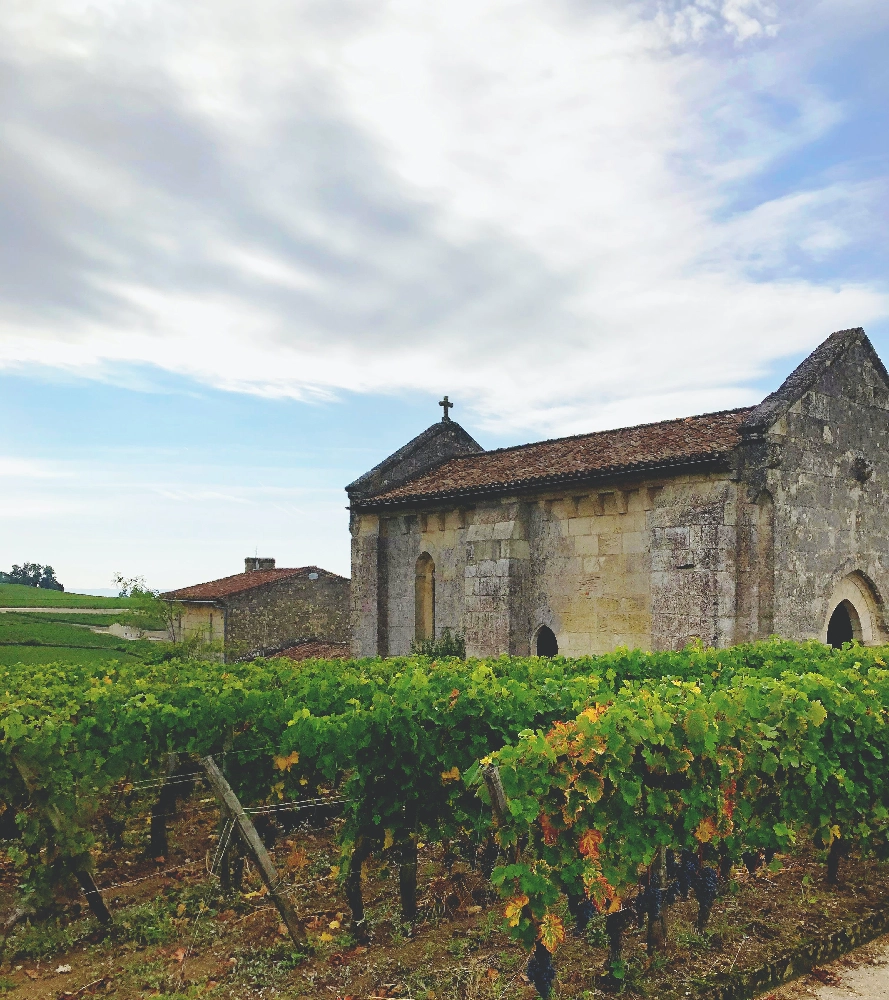
Aude Wineries & Wines Stats
Wineries
107
Wines
1223
Aude: A Rich Cultural Mosaic of Wine Tradition and Innovation
Introduction: Aude, located in the southern part of France, is a region with a rich cultural heritage and a significant contribution to the world of wine. With its diverse geography, unique grape varieties, and historical winemaking practices, Aude has shaped the way we understand and appreciate wines. In this review, we will explore the historical significance of Aude as a dynamic and innovative wine region.
Location and Geographical Features: Aude is situated in the Languedoc-Roussillon wine region, bordered by the Mediterranean Sea to the south, the Pyrenees Mountains to the north, and the Massif Central to the west. This diverse terrain offers various microclimates, ranging from sunny and arid to cool and humid. The region comprises several sub-regions, including Corbieres, Minervois, Fitou, and Roussillon, each with its distinct wine styles (regionWineStyle) that cater to diverse palates.
Historical Significance: Aude's winemaking history dates back over 2,500 years. The Greeks and Romans were the earliest documented vintners in the region. They recognized the unique terroirs and began cultivating grape varieties suited to the climate and soil conditions. Wine was an integral part of daily life for the people of Aude, as it was used for religious ceremonies, medicinal purposes, and social gatherings.
Grape Varieties and Wine Styles: The region is renowned for its diverse grape varieties (grapes), including Carignan, Grenache Noir, Mourvèdre, Syrah, and Cinsault. These grapes are used to produce a wide range of wines, from light and fruity rosés to full-bodied reds and complex whites. Some wines, such as those from Corbieres and Fitou, have earned the Appellation d'Origine Contrôlée (AOC) label, which guarantees their authenticity and quality.
Food Pairing: The wines of Aude are versatile and pair well with a diverse range of foods (pairsWithFoods). The lighter, fruitier rosés complement Mediterranean dishes, such as seafood paella or ratatouille. Hearty reds from the region, like those made from Mourvèdre and Syrah grapes, are perfect companions for meat-based dishes, such as lamb tagine or beef bourguignon.
Innovation and Sustainability: Despite its rich history, Aude remains a dynamic wine region, constantly pushing the boundaries of winemaking techniques and sustainable practices. Innovative viticulture methods, such as organic and biodynamic farming, have been adopted by many vintners to minimize their environmental impact and enhance the quality of their wines.
Conclusion: Aude's historical significance in the world of wine extends far beyond its borders. The region has shaped our understanding of various grape varieties, winemaking techniques, and food pairing. With its diverse terroirs, unique grape varieties, and commitment to sustainable practices, Aude remains an essential part of the global wine community.
In summary, Aude is a region with a rich cultural heritage that has significantly contributed to the world of wine. Its diverse geography, unique grape varieties, historical winemaking practices, and ongoing innovation make it an essential destination for both wine enthusiasts and casual drinkers alike.
